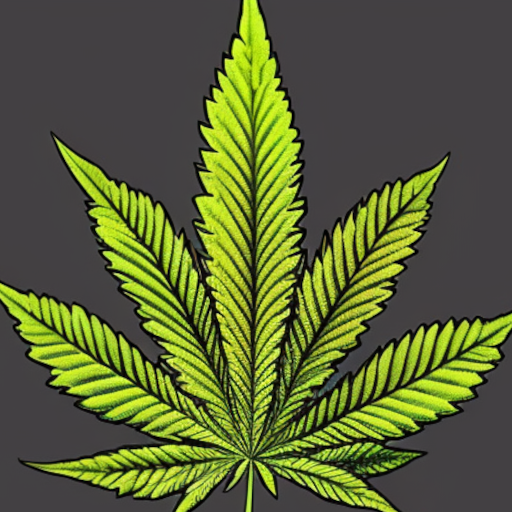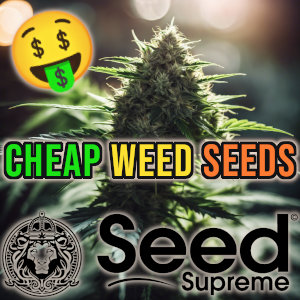
Yo, what’s up? It’s your boy Dan, and I’m here to tell you about how Scandinavia is putting a stop to the sale of psychoactive compounds derived from hemp. The latest compound on the chopping block is hexahydrocannabinol (HHC).
Senior Inspector at the Finnish Medicines Agency (Fimea), Katja Pihlainen, says that HHC products have flooded Europe and made their way into Finland. Finland recently classified HHC as a psychoactive substance that’s banned for sale on the consumer market, and Sweden is following suit with its own plans to ban the compound.
Finnish paper Yle reports that Pihlainen noted that the European Monitoring Centre for Drugs and Drug Addiction (EMCDDA), and member state agencies are concerned about the rise of HHC products on the European market. This is prompting individual governments to take action. Part of the uproar is regarding the unknowns of vaporized “new” compounds, which in some cases caused different effects than eating a compound.
Finland already made changes. “Burning or vaporizing it can make it more harmful. We don’t know how it affects the body,” Pihlainen said. Pihlainen added that HHC first became popular in the United States, after the 2018 Farm Bill legalized industrial hemp containing up to 0.3 percent THC, because the law didn’t explicitly address hemp-derived psychoactive cannabinoids such as delta-8 or HHC.
Finland is taking the initiative on the issue. “If you want to ban HHC as a drug, all countries have to do it separately. Or start doing it some other way, if you want to regulate it,” Pihlainen told Yle.
The EMCDDA explained why they are targeting hemp-derived compounds like HHC. “HHC is sold openly as a ‘legal’ replacement to THC and cannabis in a range of highly attractive branded and unbranded products—some of which are sold as ‘legal highs’. These include hemp sprayed or mixed with HHC—which look and smell like ‘genuine’ cannabis—as well as vapes and edibles. Marketing and advertising often make direct comparisons to the effects of THC and cannabis,” an EMCDDA document explained.
The sale and possession of drugs is strictly forbidden in Finland, including cannabis and hashish. “Anyone in possession of drugs, including hash, runs the risk of being arrested and expelled from the country or imprisoned,” the government states. “Drug dealing carries very heavy penalties. Please note that the Finnish customs regularly checks mail deliveries from abroad, and a person receiving a postal delivery including any kind of drugs (including medicines) runs the risk of a penalty.”
Other Scandinavian countries will likely follow Finland. According to Pihlainen, Sweden has also started a process to ban HHC.
What is HHC?
While delta-8 THC and other hemp-derived cannabinoids are “new” in terms of popularity, HHC was first synthesized in the 1940s by Roger Adams. Adams used delta-9 THC found in Cannabis sativa and altered it to make HHC.
Adams and his team of students made discoveries that led to significant scientific advances. In 1940, Adams identified and synthesized CBD. Other discoveries include showing CBD’s relationship to cannabinol (CBN) and THC. He also synthesized CBN and THC analogs, including HHC.
Not all hemp-derived cannabinoids are the same. HHC carts are reportedly more potent than traditional THC products, such as delta-8 and delta-9 THC, which may provide users with a stronger and more euphoric high.
But a growing call to crack down on cannabinoids that are not fully understood could pose a problem for the long-term viability of the psychoactive hemp market. HHC is rarely specifically addressed, but states that have cracked down on delta-8 THC and similar products will likely go after HHC eventually as well.
So, there you have it, folks. Keep an eye out for HHC and other “new” compounds, because they might not be legal for long. Peace out!




Man this crazy, they trippin on that HHC stuff. Folks just tryin to chill and enjoy, now they actin all strict. Ain’t no need for that.